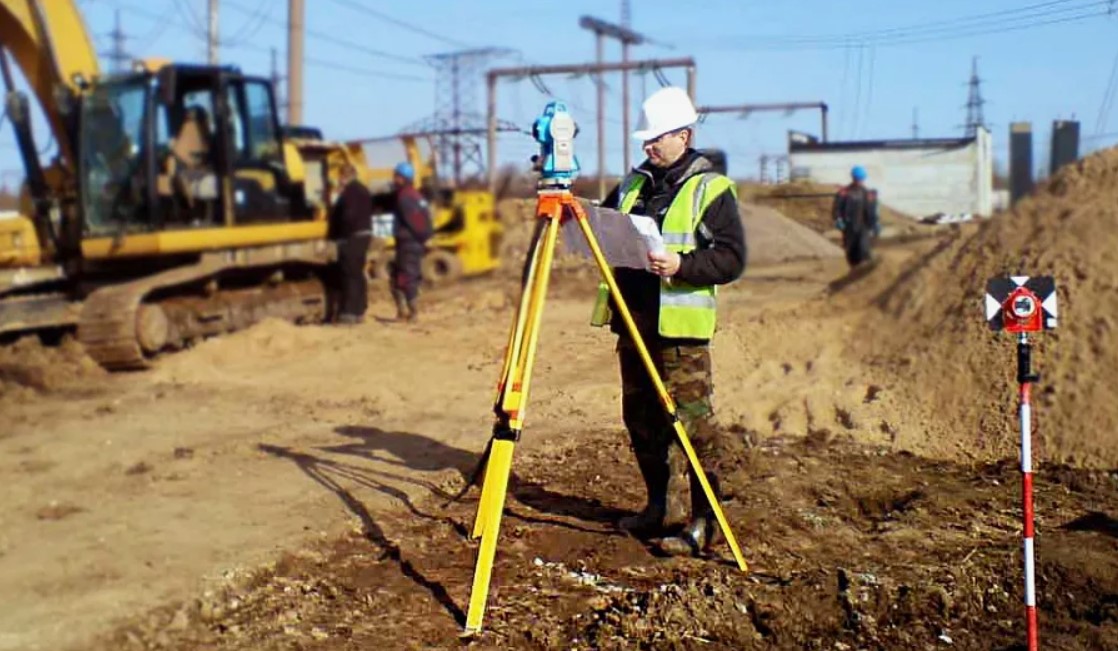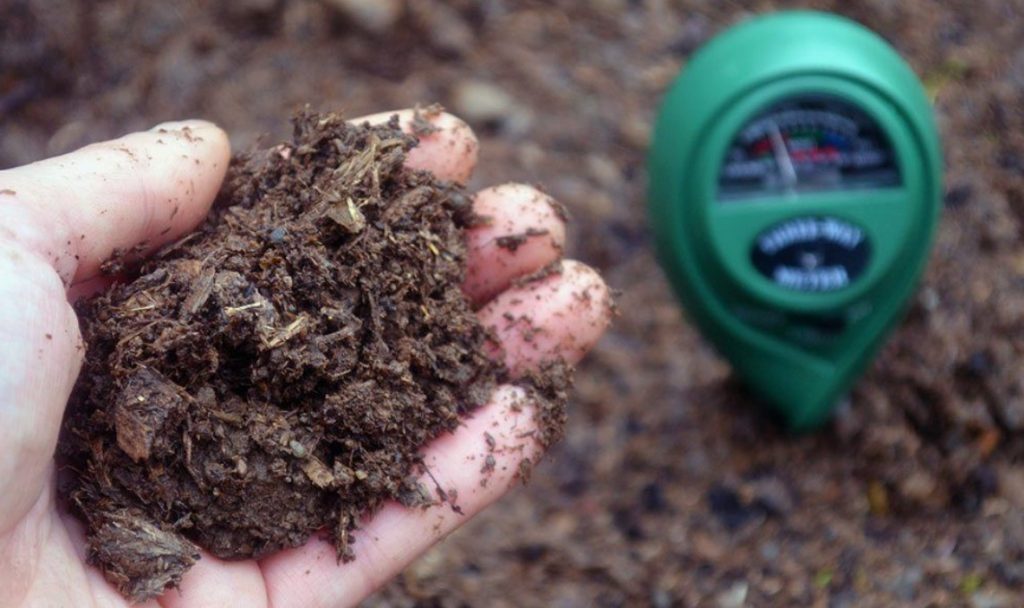
In the UAE’s construction-driven landscape, soil testing services have emerged as a cornerstone of safe and sustainable building practices. As the nation continues to push the boundaries of architectural innovation, accurate soil testing is critical in ensuring the structural integrity of projects across diverse terrains. This blog explores the scope and importance of soil investigation services in the UAE, recent advancements in testing technology, and the trends shaping this essential industry.
Importance of Soil Testing in Construction
Soil testing is a comprehensive process involving analyzing soil characteristics to determine its suitability for construction. Soil composition varies widely across the UAE, with sandy, calcareous, and clayey types dominating certain regions. Factors such as soil-bearing capacity, moisture content, and stability directly impact the design and success of foundation structures. For example, soil with high sand content may pose liquefaction risks, leading to foundation failure under load-bearing structures.
Soil testing services encompass a range of investigations, including:
Moisture and Density Analysis
This determines the soil’s water retention capacity and helps assess whether it can support heavy structures.
Compaction Testing
By analyzing soil compaction, engineers ensure that soil layers provide a stable base for construction, preventing issues such as settlement and subsidence.
Chemical Analysis
This test identifies the presence of corrosive elements like sulfates and chlorides, which, if not properly treated, can damage foundations over time.
These services empower engineers to make data-driven decisions on foundation designs, from shallow foundations suited to stable soils to deep pile foundations for regions with weaker soil compositions.

Advanced Soil Testing Techniques: Precision in Action
Recent technological advancements have revolutionized soil testing services, enabling more accurate and efficient analysis. These advancements have significant benefits in the UAE, where construction projects often face tight timelines.
Cone Penetration Testing (CPT)
CPT provides real-time soil behavior data by measuring soil resistance to cone penetration. This method is ideal for projects requiring detailed, continuous profiles of soil properties.
Digital Triaxial Testing
Triaxial testing is a standard method for assessing soil’s mechanical properties, such as shear strength. Digital triaxial testing devices now offer precise measurements and faster results, allowing for quicker assessments without compromising accuracy.
Ground Penetrating Radar (GPR)
GPR is a noninvasive technique that provides a subsurface view of the soil. It is particularly useful for detecting hidden obstructions and voids.
Remote Sensing and Automated Data Collection
Using remote sensing tools, engineers can gather soil data from difficult-to-access sites, ensuring minimal disruption to the project area. Automated data collection devices also streamline soil analysis, reducing the risk of human error.
These cutting-edge techniques allow soil testing services to meet the UAE’s high standards for quality and safety. They facilitate faster project approval and support the development of structures that can withstand environmental stressors unique to the region.
Key Trends in Soil Testing Services in the UAE
The UAE’s demand for soil testing services is expected to grow, driven by an expanding construction sector and increased focus on safety regulations. Some key trends influencing the industry include:
Sustainable Building Practices
With the UAE’s commitment to sustainability, soil testing companies are embracing eco-friendly practices. This includes using biodegradable testing agents, reducing water consumption in testing procedures, and implementing low-impact drilling techniques.
Data Integration and Digital Twin Modeling
By integrating soil testing data into digital twin models, engineers can simulate soil behavior under various conditions, enhancing the accuracy of foundation design. This approach minimizes risks by providing a virtual test environment.
Quality Control for Smart Cities
As the UAE embarks on smart city projects, soil testing services are becoming integral to quality control in construction. With precise data on soil properties, companies can design foundations compatible with smart infrastructure requirements.
Customized Testing Services for Coastal Areas
Given the UAE’s extensive coastline, specialized soil testing services are being developed to assess soil properties specific to coastal areas, such as salinity levels and erosion risk.
According to a report by Middle East Construction News, the soil testing services market in the region is projected to grow by 6.8% annually through 2028. This increase is due to the high standards of building laws and the region’s particular environmental issues, which call for in-depth soil investigation.

Solving Environmental Issues With Soil Testing
Environmental factors in the UAE present special difficulties for construction, especially concerning soil composition. Sand liquefaction during seismic events is a problem in desert places, while coastal regions frequently have significant soil salt content, which can cause corrosion in metal foundations. Services for soil testing tackle these issues by:
Corrosion Analysis
Coastal soil is susceptible to corrosion due to its high chloride levels. Specialized chemical analysis identifies corrosion risks, allowing engineers to select appropriate corrosion-resistant materials.
Seismic Risk Assessment
Although the UAE is relatively stable, nearby fault lines necessitate precautionary measures. Soil testing can evaluate the liquefaction potential, enabling engineers to develop foundations that can withstand seismic shocks.
Soil Stabilization
Engineers can examine the characteristics of the soil to determine which areas require stabilization. To improve soil stability and avoid foundation problems, soil testing services in the United Arab Emirates frequently suggest soil stabilization methods like cement grouting.
By proactively addressing these environmental variables, soil testing services help create safer, more resilient infrastructure throughout the United Arab Emirates.
The UAE’s Prospects for Soil Testing Services
Soil testing services will probably become even more specialized and integrated with cutting-edge technical solutions as the UAE’s building industry develops. Innovations on the horizon include AI-driven analysis for faster, real-time testing and using blockchain technology to store soil data, enhancing transparency and accessibility for stakeholders.
Moreover, soil testing services are expected to be critical to the country’s sustainable development goals. By focusing on eco-friendly testing methods and promoting practices that minimize environmental impact, the industry is aligning with the UAE’s vision for sustainable urban growth.
Conclusion
Soil testing services in the UAE are foundational to the success of construction projects, ensuring that buildings rest on stable and secure ground. Through detailed analysis and advanced technology, these services allow engineers to design foundations that withstand the country’s unique environmental challenges. From coastal corrosion to desert soil stabilization, soil testing services enable the creation of safe, durable, and sustainable infrastructure.
As the industry embraces new trends and techniques, soil testing services will continue to support the UAE’s ambitious growth trajectory. For construction companies, engaging reliable soil testing providers offers a strategic advantage, ensuring both regulatory compliance and the longevity of their projects. Ultimately, soil testing is not just about analyzing earth materials—it’s about laying the groundwork for a sustainable and resilient future.

Soccer lover, nature enthusiast, guitarist, Bauhaus fan and critical graphic designer. Doing at the fulcrum of minimalism and purpose to craft experiences that go beyond design. I am 25 years old.


